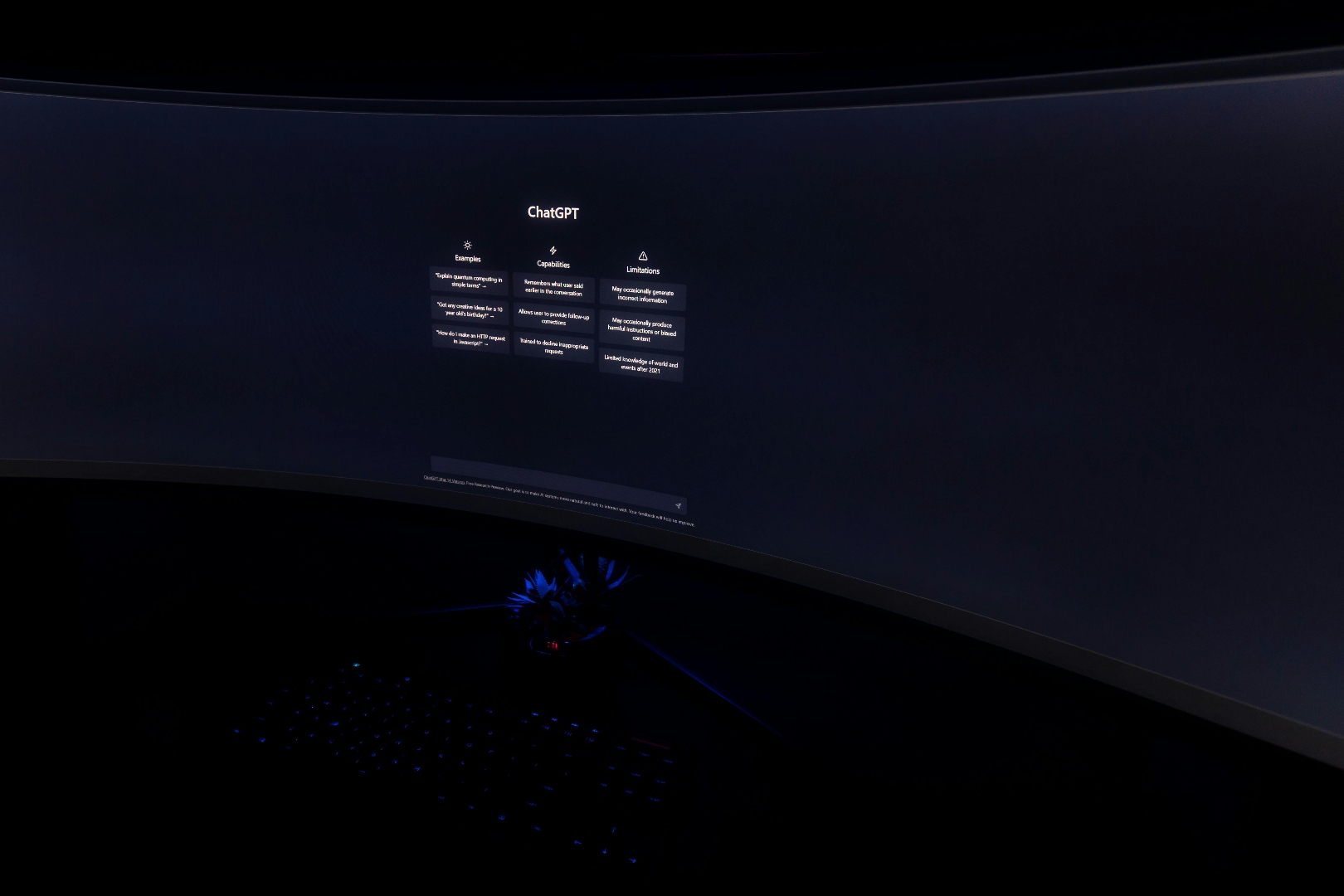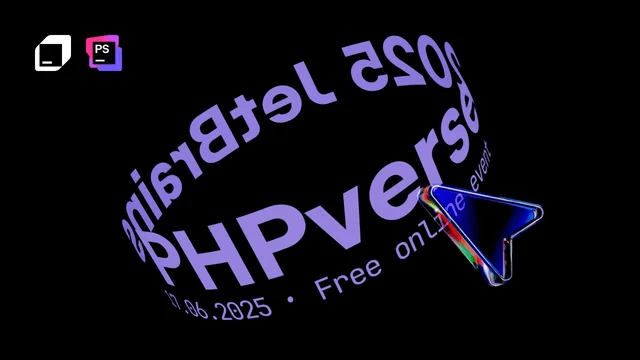The future of Web applications: what can we expect?

In recent years, Web applications have undergone a tremendous evolution. From simple static pages to interactive and complex applications that facilitate business processes. But what does the future hold for us? In this article, we take a closer look at the expected developments and trends in web applications.
1. Progressive Web Apps (PWA’s)
Progressive Web Apps (PWA's) have already gained popularity in recent years, but they are expected to become even more prominent in the future. PWAs combine the best of both Web and mobile applications, making them faster and more responsive than traditional Web applications. They can work offline, send push notifications and even access device hardware. All this makes PWAs an attractive option for businesses striving for a seamless user experience.
2. WebAssembly
WebAssembly is a technology that improves the performance of Web applications by using an efficient binary instruction format. Developers can write their code in different programming languages and compile it to WebAssembly. This results in faster and and more responsive Web applications. The power and speed of WebAssembly allows Web applications to perform more complex tasks and calculations.
This opens the door to developing advanced graphics applications, video games, augmented reality (AR) and virtual reality (VR) experiences, machine learning and more. With its broad browser support, WebAssembly offers new opportunities for building complex and powerful applications that work seamlessly across platforms.
3. Artificial intelligence (AI) en machine learning (ML)
With the rise of AI technologies, Web applications will become smarter and smarter. AI can be integrated to provide targeted experiences for users. Examples include chatbots that answer customer questions, personalized recommendations based on user behavior or voice-driven interfaces that make it easier to interact with Web applications. AI is expected to play a crucial role in improving user experience.
4. Mobile optimization
With the increasing use of smartphones, mobile optimization of Web applications is essential. In the future, Web applications will focus even more on this mobile user experience. Think responsive designs, fast load times and intuitive navigation. In addition, the emergence of 5G technology will further improve the performance of mobile Web applications. This will make them almost as fast and powerful as native mobile applications.
5. Voice User Interfaces (VUI's)
With the growing popularity of voice-activated assistants such as Amazon Alexa and Google Assistant, voice user interfaces (VUIs) will also have an impact on Web applications. Users will be able to interact with applications via voice. This will make it easier to look up information, perform tasks and even make purchases. Web applications will need to be adapted to take advantage of the capabilities of VUIs and provide users with a seamless speech-driven experience.
6. Improved security and privacy
With growing concerns about data security and privacy, Web applications will focus even more on ensuring cyber security and reliability. HTTPS and SSL certificates will become standard to protect users' data. In addition, there will be stricter rules and regulations regarding data collection and storage. As a result, Web applications are also going to have to be more transparent about how they handle user data.
7. Blockchain and decentralized applications
Blockchain and decentralized applications are like magic notebooks in which all transactions are written that no one can change. Decentralized applications allow people to trade directly with each other without intermediaries, making it faster and cheaper. It also makes systems more secure because everything is controlled by many people instead of one company and can be used in various applications within different industries.
Users gain more control over their own data and decisions on the Internet, so to speak. The (continued) relevance for the future lies mainly in the fact that decentralized applications offer trust, security and data integrity. They remove middlemen, allowing for direct peer-to-peer transactions, thus stimulating new business models and economic opportunities. This transforms the Web into a decentralized, secure and transparent ecosystem with greater control and privacy for users.
Conclusion
In short, the future of Web applications looks promising. Progressive Web Apps, WebAssembly, AI integration and machine learning, mobile optimization, voice user interfaces, enhanced security and privacy, and decentralization will all contribute to this evolution.
Get in touch
Sometimes new technologies can seem very, yes, technical. Do you sometimes lose track in that?
Get in touch and our experts will be happy to help you embrace this future.





